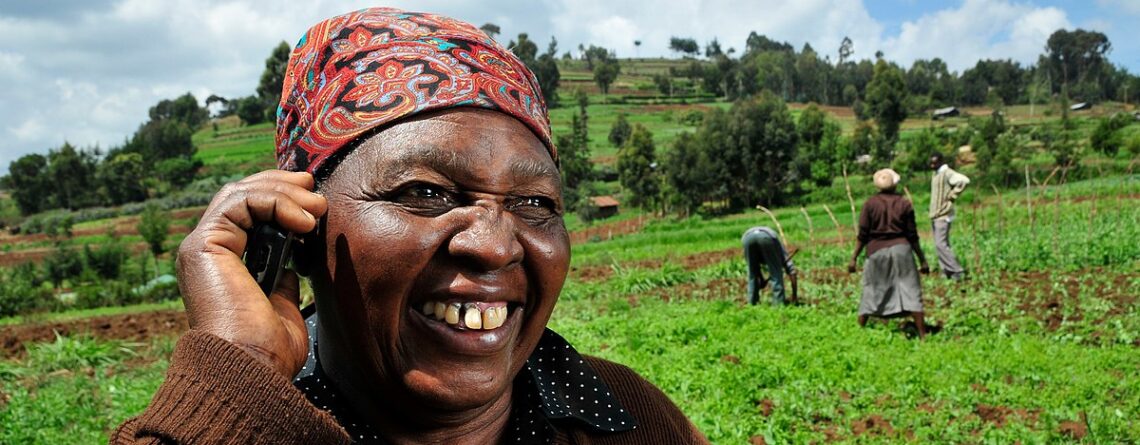How technology can support pensions for the underserved
New technologies, including central bank digital currencies, can help to better distribute and protect wealth
PROVIDING pension support for workers in the informal sector has always been a challenge. At a recent Green Shoots session held at Prudential Singapore’s office, panellists discussed how the use of technology and digital tokens can help facilitate the distribution of micro pensions, and what challenges remain. Micro pensions refer to small sums of money saved by self-employed individuals, that are then invested to yield returns. The discussion, titled “Towards Longevity: A Spotlight on Digital Wealth and microPensions”, was held on Oct 10 and organised by Elevandi, a company established by the Monetary Authority of Singapore to promote financial technology.
Kesselman: The process is still evolving, the reality is that because of the nature of how the economy is progressing towards the internet economy and growth in the digital, there is going to be more things that need to be embedded within those interlinked ecosystems. Rather than building a new app that someone has to download or to start a pension and save towards it, it is going to be very much about embedding these services in existing ecosystems, like ride-sharing apps.
The insurance sector is changing from being a standalone industry into something that is much more a part of other original existing ecosystems. That is a big shift that is happening from a technology perspective as well as from a mindset perspective.
How do we get all the players together so that the underserved, the ones who actually need micro pensions, can get served?
Kurczyk: I think the answer is simple, but the execution, difficult. It all starts with understanding what the customer wants. When you talk about micro pensions especially, we need to put this into context. We are in Singapore, so we have multilayered safety nets. Typically, people have insurance plans, their own savings, and government schemes, to tap on. In countries where these do not exist, they can only fall back on their savings or family. The statistics speak for itself.
In Asia and Africa, the most common reason for personal bankruptcies are medical care and emergencies. In the absence of safety nets, such situations impact the current generation as well as future generations, as it often wipes out accumulated savings and wealth. In Africa, we distribute our products through local ecosystems and networks such as mobile operators.
For example, in Ghana, we partnered a leading provider of mobile-delivered insurance and health services as well as a mobile operator to bring affordable insurance products to customers. It’s important to be where the customer is at. This helps to raise awareness and understanding of protection with more people, and support the growth of insurance.
How do you approach it differently in Singapore, which is a wealthy country, and emerging markets in the rest of Southeast Asia and Africa?
Mohanty: In context of emerging markets, there is a saying that goes, “Never provide poor solutions to poor people”. When you are dealing with people in the lowincome segment, they have the widest expectation of risk coverage. (Yet) we have the least understanding of how to cover them. The wider the expectation, the higher the likelihood of hitting that risk, and often, the premium prices go exactly in the opposite direction. So how do you price the widest risk? With a low premium to cover the risk? That’s the problem.
Khanna: One third of the population in Singapore are gig workers and domestic workers who require micropensions. By 2050, there will be 2 billion people above the age of 60. There shall be more elderly than those below the age of 15. Of these elderly, 1.7 billion will be living in developing countries with no pensions to rely on. This is serious.
Today’s youth or the future elderly living in Singapore or India or Africa, all have aspirations and need well-regulated long-term savings and pension products to make sound investments that give secure and meaningful returns. Pension Tech shall ensure all informal sector workers receive the same quality and experience as we do.
Mohanty: For emerging markets, there is an opportunity to restructure the transfer of direct benefits, to allocate a portion of that money to long-term wealth protection, as opposed to only providing government handouts. That makes a use case for central bank digital currencies because we can programme the money so that it can be used for something specific. We call it “programmable money”. Most of the time, policymakers respond to financial crises with direct transfers, but there is an opportunity to restructure that response to more targeted benefit transfers.
Read More @Businesstimes
285 views










